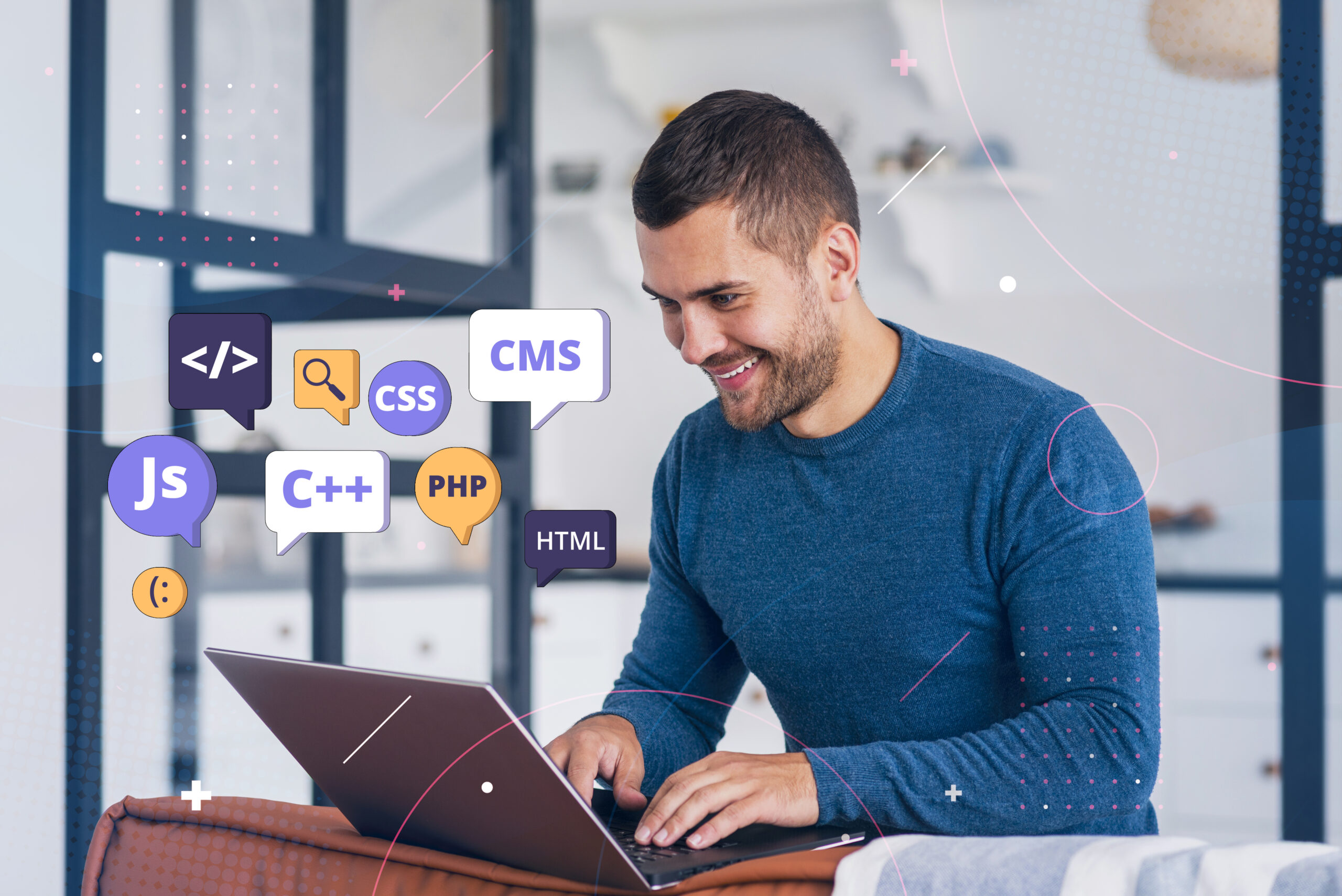Full Stack Web Development Course + 1 Month Internship March24

About Course
The TekkyBench Full Stack Web Development Course + Internship is an immersive and transformative program designed to equip aspiring web developers with a comprehensive skill set. Whether you’re a beginner or looking to enhance your existing knowledge, this course offers a dynamic blend of theoretical learning and hands-on practical experience.
Program Overview:
- Duration: 1 month
- Start Date: 20 March 2024
- Stipend: Subjected to project approval
- Mode: Hybrid
What Makes This Program Unique?
- Learning by Doing: The program emphasizes practical application. You’ll work on real-world projects, mirroring industry scenarios, and honing your problem-solving abilities.
- Comprehensive Curriculum: From HTML and CSS to JavaScript, jQuery, Bootstrap, PHP, Python, and more, you’ll explore a wide range of web development technologies.
- Guided by Experienced Mentors: Industry experts will guide you throughout the journey, ensuring you gain proficiency and industry-ready skills.
- Collaborative Main Project: Work in teams, simulate a professional development environment, and enhance your teamwork and communication skills.
- Community and Growth: Live sessions, challenges, quizzes, and reflective appreciation days foster a sense of community and continuous learning.
- Recognition and Opportunities: Earn letters of appreciation, recommendation, and a verifiable completion certificate. There’s even potential for an extended stipend-based internship.
Perks:
- Completion Certificate
- Letter of Recommendation
- Letter of Appreciation
- Flexible Work Hours
The TekkyBench Full Stack Web Development Course + Internship is not just about learning, it’s about becoming a skilled, innovative, and industry-ready web developer. Join this transformative journey and build your future in the dynamic digital landscape!
Course Content
Day 1
-
Day 1 Session Recording
01:00:00 -
Day 1 Assessment
Day 2
Day 3
Day 4
Day 5
Intern-View
Day 6
Day 7
Extra Class
Day 8
Day 9
Day 10
Day 11
Day 12
Day 13
Day 14
Day 15
Day 16
Day 17
Day 18
Day 19
Day 20
Day 21
Day 22
Day 23
Day 24
Day 25
Day 26
Day 27
Day 28
Day 29
Day 30
Student Ratings & Reviews

No Review Yet
